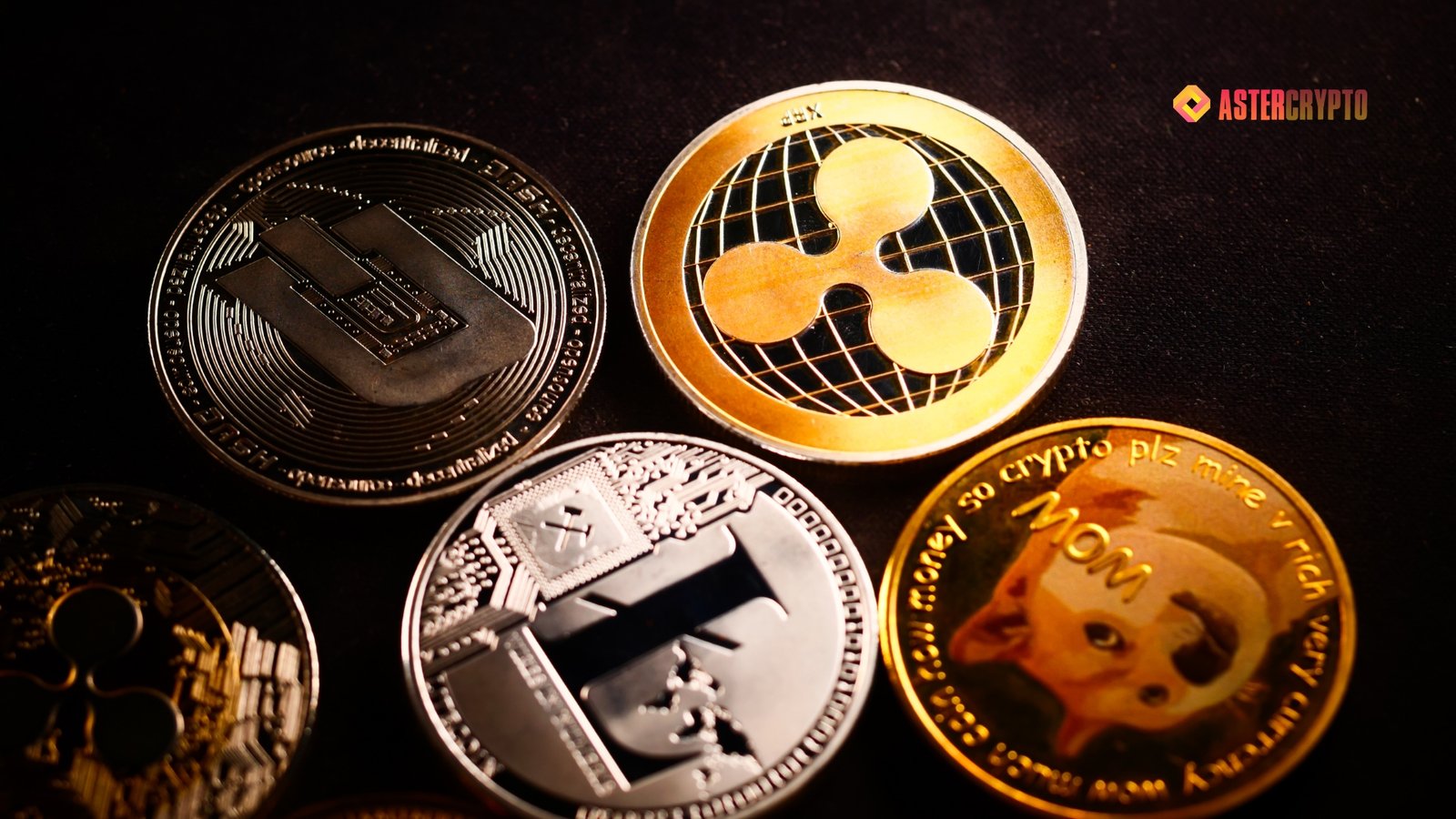Idiocracy Defi The advent of decentralized finance (DeFi) is a watershed moment in the history of finance. By eliminating intermediaries and facilitating direct transactions between users, DeFi intends to make finance accessible to all. Nevertheless, some worry that this cutting-edge financial paradigm can unintentionally lead to a contemporary “idiocracy,” in which the unforeseen effects of fast technological development are commonplace. This article delves into the fascinating world of idiocracy and DeFi, looking at the advantages and disadvantages of this revolutionary financial system.
Decentralized Finance (DeFi)
Blockchain technology is the foundation of decentralized finance or DeFi. The decentralized nature of DeFi allows it to function independently of governing bodies and banks, in contrast to the more conventional model of traditional finance. Smart contracts are agreements encoded into code that are automatically executed and are used to carry out transactions. Thanks to this innovation, anyone with an internet connection can now participate in a more open, honest, and productive monetary system.

DeFi’s growth in the past few years has been phenomenal, and the network now has billions of dollars in protocols. It eliminates the need for conventional banks by directly providing consumers with a full suite of financial services, including lending, borrowing, trading, and investing. This is why DeFi has become so popular among people who don’t have bank accounts or small ones and those who want to invest but want a better return on their money.
The Concept of Idiocracy
The term “idiocracy” first appears in the 2006 satirical film Idiocracy Defi, directed by Mike Judge. The video portrays a future in which people have become extremely stupid due to our society’s dependence on technology. The film may be satirical, but it does raise some serious concerns regarding the societal effects of technological progress.
When applied to the field of DeFi, the term “idiocracy” describes a situation in which people fail to comprehend and responsibly use complicated financial technology due to their fast proliferation. There is growing fear that the increasing number of individuals using DeFi without adequately understanding the risks will cause significant financial instability and potentially hurt society.
Promise of DeFi
One of DeFi’s main selling points is the disruption it could cause in the financial industry. DeFi’s elimination of intermediaries makes for more efficient transactions, lower costs, and broader access to financial services. It gives people the tools to manage their economic destiny, opening doors previously closed to everyone but the wealthy or those with institutionalized banking relationships.
Users of DeFi platforms, for instance, can borrow and lend assets directly to one another, bypassing the intermediary altogether. Smart contracts automate the execution of agreements that have been mutually agreed upon. In addition, DeFi opens up a plethora of investment alternatives, such as staking, liquidity mining, and yield farming, all of which have the potential to provide substantially greater returns than those offered by conventional savings and investment vehicles.
Fiscal openness is another value that DeFi advocates for. No transaction can be changed or removed from the blockchain because it is public and immutable. Transactions in conventional finance are frequently murky and open to manipulation by intermediaries; this degree of openness is unprecedented in that industry.
DeFi and the Idiocracy Scenario
Despite its many advantages, DeFi has risks associated with it. The absence of regulation is a significant cause for concern. Fewer protections are in place to protect users of DeFi as it operates beyond the jurisdiction of conventional banking regulators. The result is increased fraudulent operations, hacking, and other forms of cybercrime in the DeFi sector.
Finally, the typical user may feel overwhelmed by the intricacy of DeFi protocols. Many people use DeFi platforms without knowing how they function, which can cause them to make bad decisions and lose a lot of money. The idiocracy scenario relies heavily on this misunderstanding to explain how general financial literacy declines due to the broad use of complicated technology.

Because DeFi is decentralized, users also do not have a single point of contact for any issues that may arise. For instance, if users misplace their private key, their assets will be permanently lost. Because of this, many people might not be ready to take on the responsibility of managing their security.
Financial instability can also result from the speculative character of many DeFi ventures. Bubbles and crashes caused by the erratic pricing of assets in the DeFi ecosystem might affect economies worldwide. If these speculative actions are widely practiced in an idiocracy scenario, they could worsen financial crises and increase economic inequality.
Education and Regulation
Education and regulation must be prioritized to reduce the dangers of DeFi and forestall the emergence of an idiocracy. People need to be financially literate to weigh the benefits and drawbacks of DeFi and make an informed decision. This encompasses a general knowledge of financial concepts and risk management, as well as specialized training on DeFi systems.
Although regulation is sometimes viewed as incompatible with DeFi principles, safeguarding users and ensuring ecosystem stability may be necessary. If regulatory frameworks prioritized consumer safety, security, and openness, scams and fraud in the DeFi industry would be less common. Regulators must be careful not to hamper innovation or make it harder for people to reap the benefits of decentralized finance.
Defiin an Idiocracy-Resistant World
Our ability to balance innovation and accountability will determine DeFi’s destiny. Despite its enormous potential to revolutionize the financial system, we must not ignore the dangers associated with DeFi. To prevent DeFi from devolving into a financial idiocracy. We must emphasize education and wise regulation to guarantee its continued growth for the benefit of society at large.
To make DeFi more approachable for the general public, user-friendly interfaces and technologies may be necessary. One way to make technology more approachable is to streamline the user experience and provide users with clear, simple instructions. Another way to prevent people from losing their financial literacy is to encourage a mindset of constant improvement and learning within the DeFi group.
It will be critical to track how DeFi changes society so that it can adapt as needed as it develops further. Developers, regulators, educators, and users must work together to build a financial system that can withstand disruptions and innovate. While avoiding the traps of an idiocracy, we may use DeFi to create a more inclusive and egalitarian financial future.
Final Thoughts
The advent of decentralized finance has changed our understanding and use of monetary systems. As with any technical advancement, though, it has risks. Idiocracy is a cautionary tale about the dangers of adopting complicated technology without proper research or preparation.
Education, regulation, and prudent innovation must take precedence if DeFi is to deliver on its promise without causing financial anarchy. Doing so will allow us to construct a decentralized and efficient monetary system that is also open, transparent, secure, and usable by everyone. Our capacity to overcome these obstacles and establish a financial system that genuinely helps society will determine DeFi’s destiny.





